Glasgow City Council has announced the final policy framework for the Glasgow Transport Strategy, which maps a course to a city network that tackles poverty, supports economic success, creates thriving, liveable neighbourhoods and plays a central role in the fight against climate change.
Following extensive consultation and preparation over the past year, the Glasgow Transport Strategy has been set-out that covers over 100 policies that provide a comprehensive vision for how to get about Glasgow in future. But with vehicle emissions accounting for a third of the city's carbon output, changes to the transport system are regarded as a vital component in Glasgow's effort to achieve carbon neutrality by 2030.
To support the city's carbon reduction target, the new strategy sets out the ambition of reducing car vehicle kilometres travelled in Glasgow by at least 30% by 2030. The aim is to encourage travellers to opt for sustainable transport choices such as walking, wheeling or cycling or public transport wherever possible so there is less need to travel by car.
Support for the 30% target comes from initiatives such as council's Active Travel Strategy, which includes a proposal to build a city-wide network of segregated cycling infrastructure, and the Liveable Neighbourhoods initiative that will support more local access to essential services and enable shorter, local trips by walking, wheeling and cycling. Major projects such as the Clyde Metro, which recently received backing in the Scottish Government's Strategic Transport Projects Review, and increased bus priority on our roads are also key components in the effort to provide a world-class public transport network that draws people from their personal vehicles.
With 27% of vehicle journeys in Glasgow 1kilometre or less, Councillor Anna Richardson, City Convener for Sustainability and Carbon Reduction, believes there is significant potential for a widespread switch to sustainable transport.
Councillor Richardson said: "A great many trips in vehicles across the city are short and could realistically be achieved by other means. Our task as a council is to ensure there are viable alternatives that support walking, wheeling or cycling or public transport to help reduce car use.
"Cars and other private vehicles will clearly continue to be part of Glasgow's transport future. But time and again people indicate they would cycle more if it felt safer to do so or the way that public spaces are designed can deter active travel in local communities. Initiatives such as our Active Travel Strategy and our Liveable Neighbourhoods programme are all about creating a better balance on how Glasgow's streets are used and encouraging people to leave the car behind wherever possible.
"Making in-roads on our car use is essential if we are to bring down the carbon emissions that drive climate change. But supporting sustainable transport choices also means we can make city streets safer and more attractive places to be, which in turns helps to improve quality of life for local residents.
"The new transport strategy fully recognises how important transport is to our daily lives and the overall success of the city. The far reaching policy objectives in the strategy create a vision of a healthy and thriving city but also a sustainable Glasgow that is prepared for the challenge of climate change."
According to Department of Transport estimates, 1.70 billion vehicle miles were travelled in the Glasgow city area in 2020. This represented a sharp drop in vehicle miles travelled due to the impact of the covid pandemic. Prior to covid, figures for 2019 show a peak of almost 2.250 billion vehicle miles per annum following steady growth in figures over the early part of the 21st century. Around two-thirds of vehicle miles are travelled on trunk roads with a third over local roads.
The Scottish Government recently set a target of reducing car kilometres by 20% and other major cities such as London and Edinburgh have also similar ambitions. The recently published Route Map to achieve the 20% reduction nationally highlights the expectation that car use in rural and island communities will not necessarily reduce at the same rate as in towns and cities, and there is therefore the expectation that cities will contribute strongly to the national target.
Following consideration at the Environment, Sustainability and Carbon Reduction Policy Committee, the final policy framework of the Glasgow Transport Strategy will now go before the council's City Administration Committee for final approval.
Construction News
02/02/2022
Final Policy Framework For The Glasgow Transport Strategy
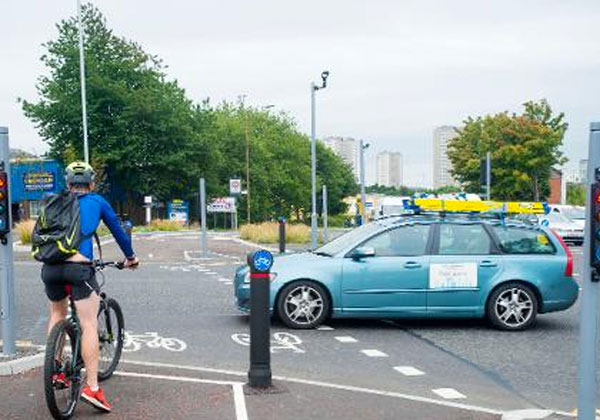
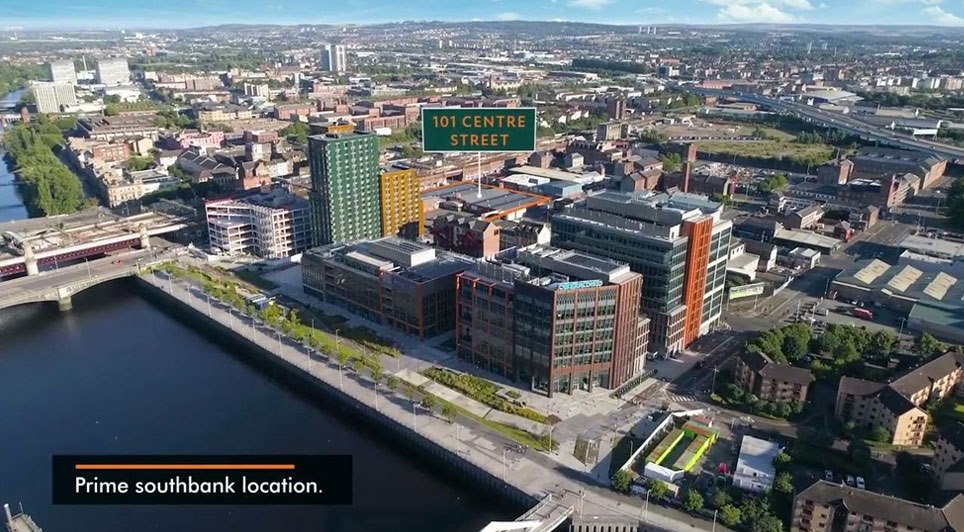
17/04/2025
A joint venture between Sir Robert McAlpine Capital Ventures and Buccleuch Property has successfully acquired 101 Centre Street in Glasgow, signalling a significant investment in the city's burgeoning southbank area. The 50/50 partnership aims to unlock substantial redevelopment potential on the 1.7

17/04/2025
Biotech firm MiAlgae has taken a significant step in its expansion plans by submitting proposals for a new production facility in Grangemouth, Scotland. The move is set to bolster Scotland’s green economic transition, with the first phase of the site projected to generate over 100 green jobs once op
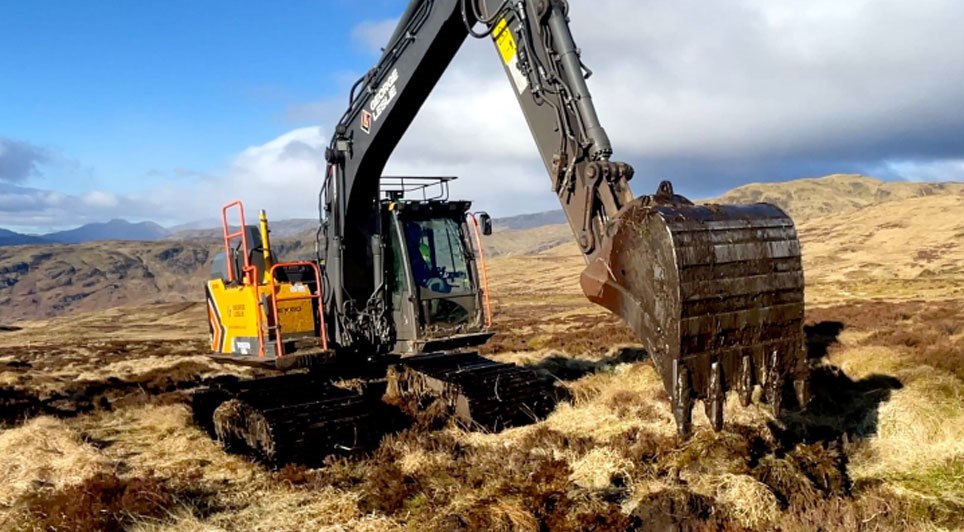
17/04/2025
Scottish Water has completed the initial phase of a significant peatland restoration project at Loch Katrine, a vital source of drinking water for over a million customers in Glasgow and the surrounding areas.
The 400-hectare initiative aims to enhance water quality by reducing the amount of organ
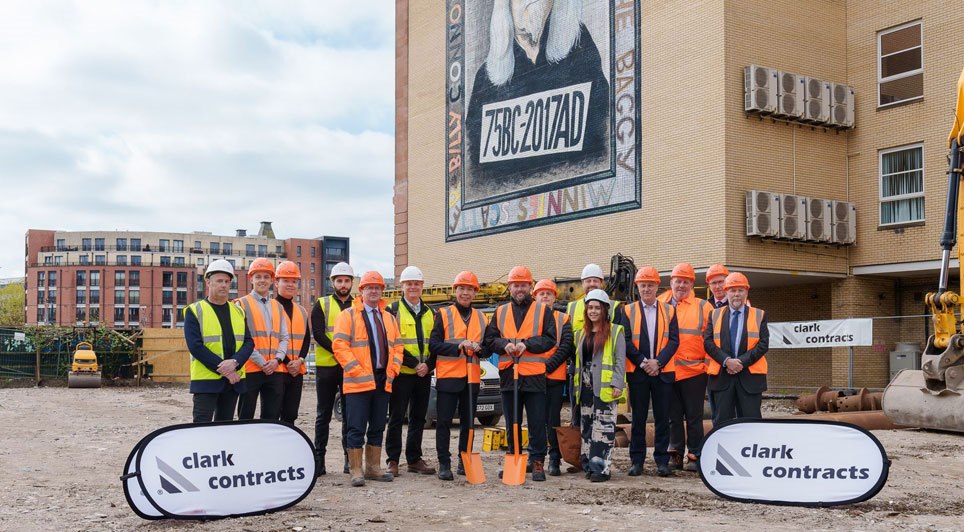
17/04/2025
Clark Contracts has commenced work on a new £30 million purpose-built student accommodation (PBSA) development on Osborne Street in Glasgow.
The contractor was appointed by Ambassador Group to undertake the design and build of the 273-bed project.
Located in the heart of Glasgow City Centre withi
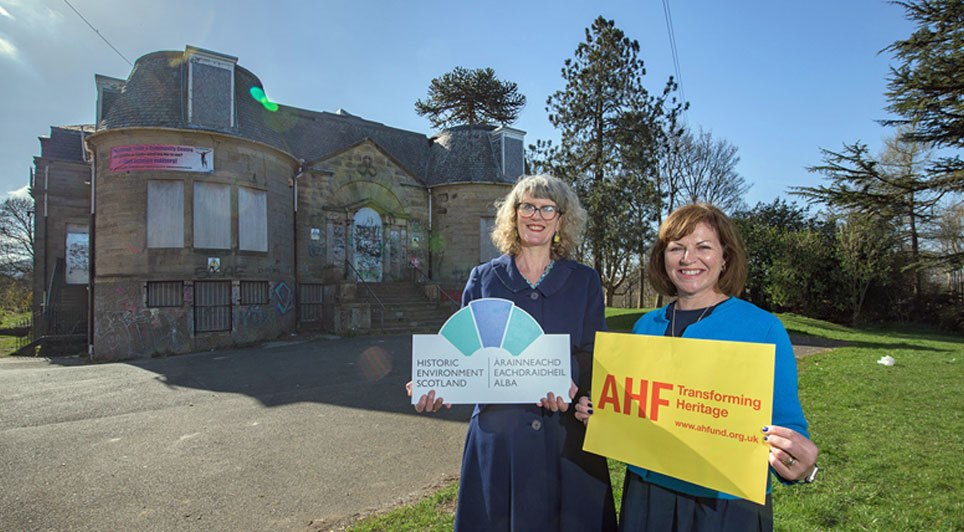
17/04/2025
Seven projects dedicated to promoting, celebrating, and enhancing Scotland's rich and diverse heritage are set to receive a share of £3.9 million in funding. The grants have been awarded through Historic Environment Scotland's (HES) Partnership Fund, which supports third-sector organisations making
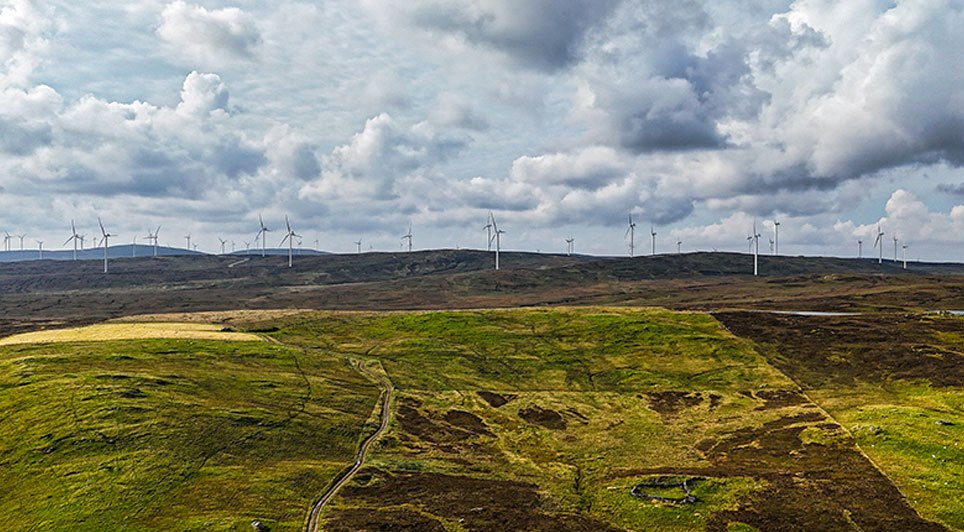
17/04/2025
The Viking Community Fund has distributed over £1 million to 52 projects in the Shetland Islands since its inception on 1 September 2024.
The funding has provided vital support to a diverse range of community initiatives, from small grants for youth clubs and sports teams to significant investment

17/04/2025
The Finishes & Interiors Sector (FIS) has announced a new partnership with The Skills Centre to provide essential training and support for individuals seeking careers in the finishes and interiors sector. The collaboration is a direct response to the increasing skills shortage within the constructio

17/04/2025
John Aitchison, Managing Director of Maxi Construction, has announced the successful acquisition of several new contracts. Commenting on the recent awards, Mr Aitchison stated: "These contracts represent repeat business and awards via some of the frameworks we’re appointed to. We look forward to suc
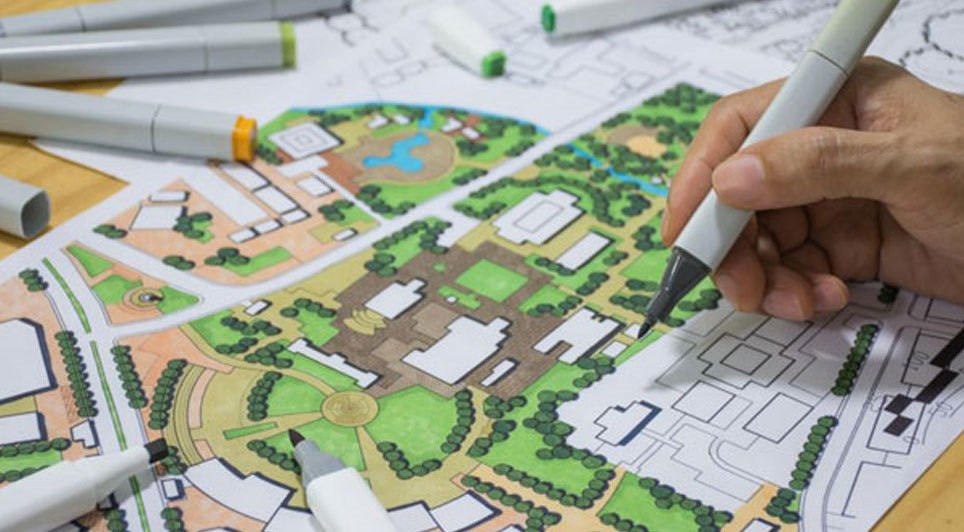
16/04/2025
Construction work on the £5 million repair and refurbishment project at the Loch Centre in Tranent is scheduled to commence in June 2026.
East Lothian Council has announced the anticipated start date for the significant upgrade to the well-used community facility.
Under the current timetable, the
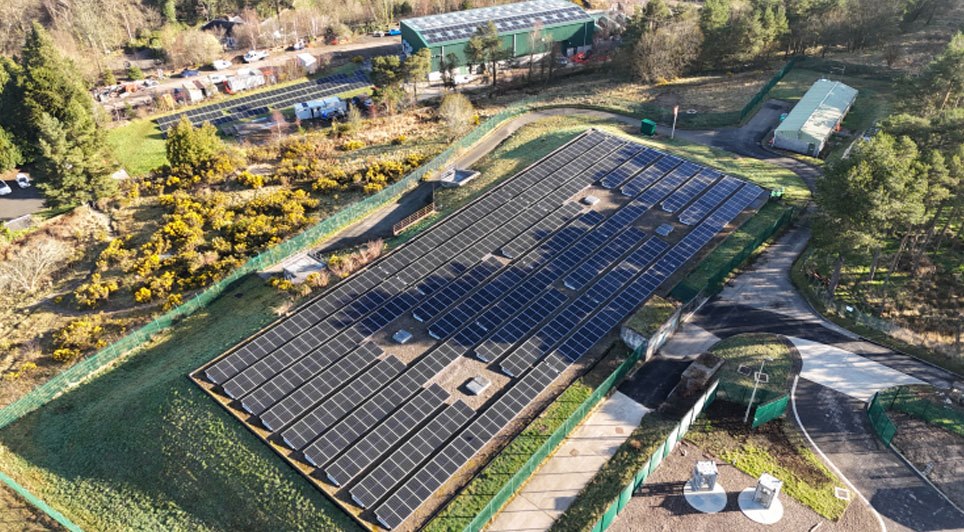
16/04/2025
A £636,000 project to install solar panels at the Gorbals water pumping station in South Ayrshire has been successfully completed.
The scheme aims to provide a renewable energy source for pumping water to thousands of customers in the region.
The project involved the installation of 793 solar pan
 Scotland
Scotland UK
UK Ireland
Ireland London
London











